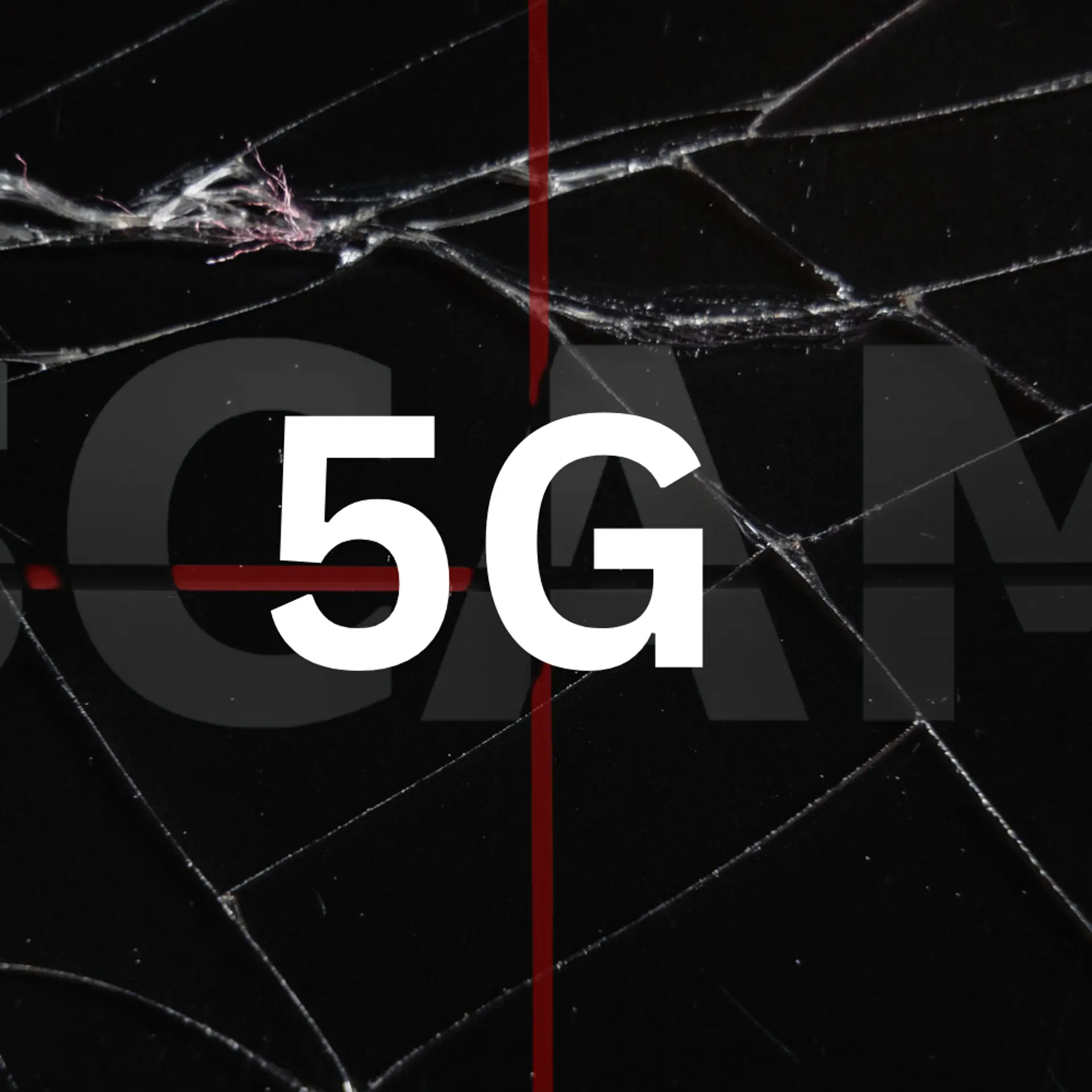Rethinking Knowledge: Descartes' Philosophy of Doubt
Unpacking the timeless relevance of Descartes' views on doubt and wisdom, and how they shape our approach to information and personal growth in today's world.
"Doubt is the origin of wisdom," a profound statement by the renowned philosopher René Descartes, encapsulates the essence of critical thinking and the pursuit of knowledge. This article delves into the depth of this quote, unraveling its significance in the realms of philosophy, science, and everyday life.
Descartes, often referred to as the father of modern philosophy, revolutionised the way we approach knowledge and understanding. His method of systematic doubt, famously encapsulated in his assertion "Cogito, ergo sum" (I think, therefore I am), laid the groundwork for a new era of thought. By advocating doubt as the starting point of knowledge, Descartes argued that in order to find truth, one must first question everything that can possibly be doubted.
The implications of Descartes' philosophy are vast and multifaceted. In the realm of science, his ideas paved the way for the scientific method, which is fundamentally based on questioning, hypothesising, and empirically testing those hypotheses. This approach has led to countless discoveries and advancements, showcasing the power of doubt in driving innovation and understanding.
In everyday life, Descartes' quote serves as a reminder of the importance of questioning and critical thinking. In an age inundated with information, the ability to doubt, to question the validity and source of information, is more crucial than ever. It encourages a healthy skepticism that prevents blind acceptance and fosters a more informed and aware society.
Moreover, Descartes' emphasis on doubt aligns closely with the concept of intellectual humility. Recognising that our knowledge is limited and fallible, and being open to new information and perspectives, is a hallmark of wisdom. It is through the process of doubting and questioning that we open ourselves to learning and growth, both personally and collectively.
However, Descartes' approach also warns against excessive skepticism. While doubt is a tool for seeking truth, it is not an end in itself. The objective is not to remain in perpetual doubt, but to use it as a means to arrive at certain, undeniable truths.
René Descartes' statement "Doubt is the origin of wisdom" is a powerful testament to the value of questioning in the pursuit of knowledge. It has had a profound impact on various fields, from philosophy to science, and continues to be relevant in today's world. By embracing doubt as a starting point, we open the doors to understanding, innovation, and, ultimately, wisdom.







